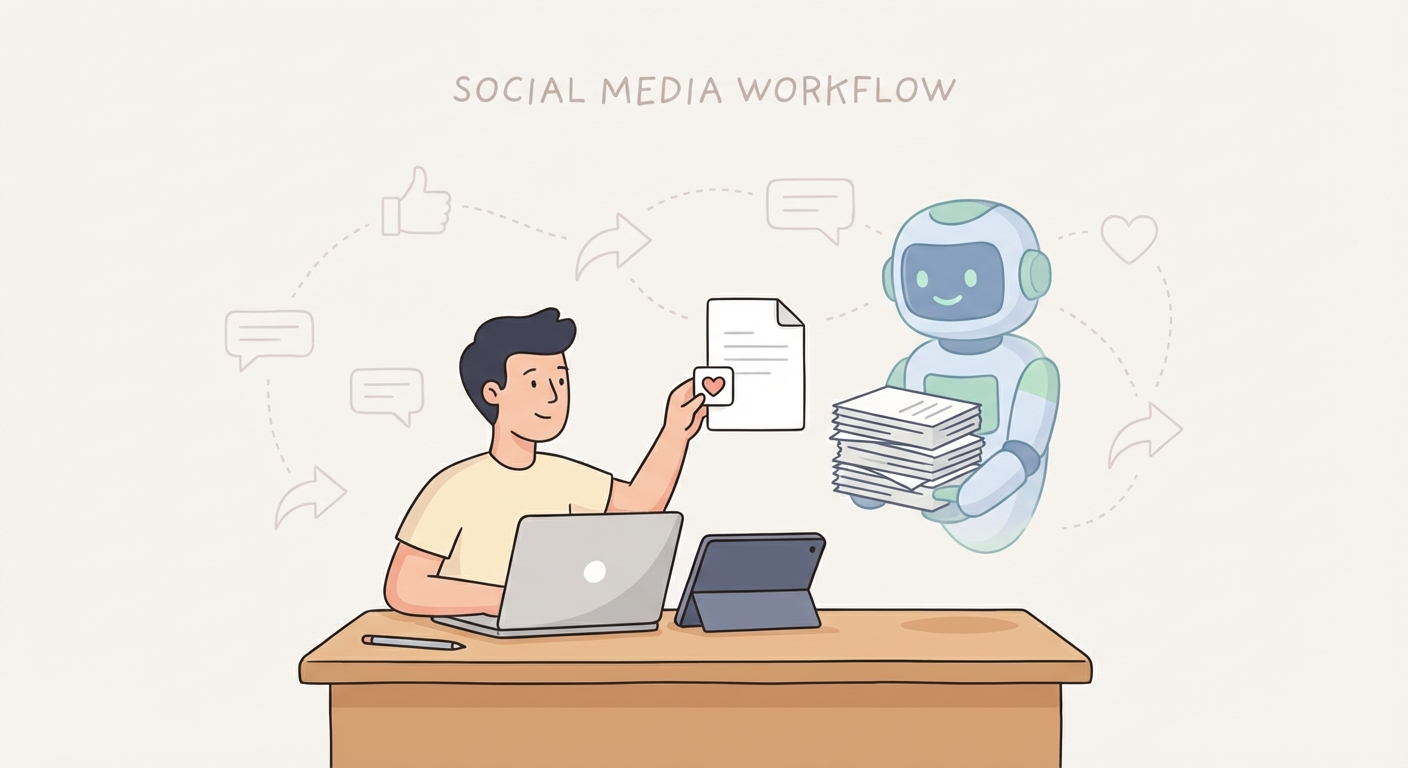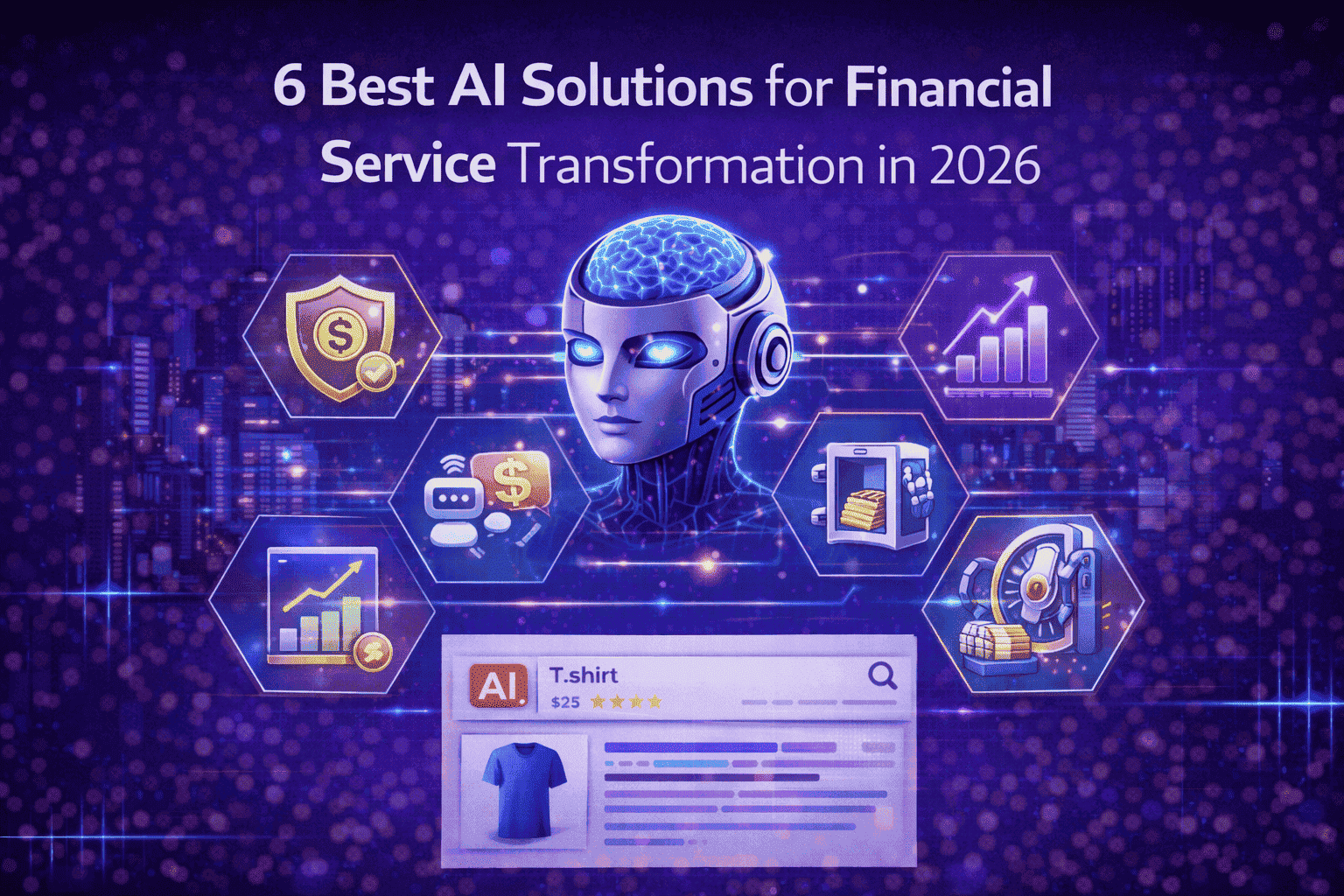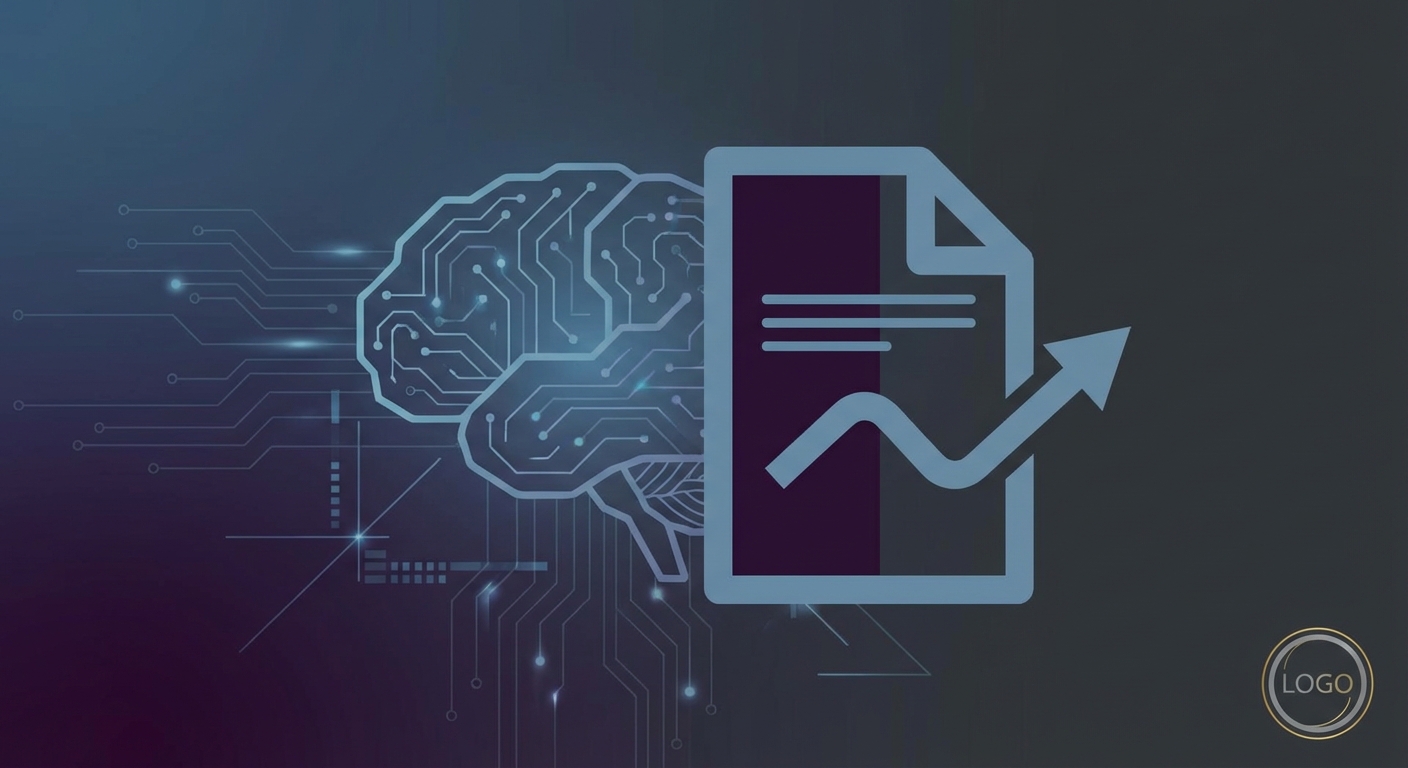How Generative AI Is Transforming Industries
How is Generative AI helping various industries?
Generative AI is changing the way many industries work today. It brings new kinds of content, automates daily tasks, and increases efficiency. It stands out in today’s evolving business world, contributing to streamlined work and more productivity. In case you are wondering about generative AI meaning and what it exactly does, let us help you explore the concept. Generative AI uses different AI algorithms to create and process content. It comes with advanced learning models that bring in technological progress. Here we will explore the several use cases of generative AI across industries.
How generative AI works across industries
The versatility of generative AI is already creating a huge potential across industries. From finance, insurance, media, and film to retail businesses, generative AI has helped to bring about a technological revolution in every area. Let us see how the technology has benefited each of these industries –
Finance
Generative AI has great potential to impact and transform the finance and banking departments. Some ways in which it can do so are –
- Improving risk management: Generative AI can help to improve risk management by creating simulations of possible scenarios that can be faced in the market. It can also do stress tests to mark out potential risks and vulnerabilities.
- Generation of data: AI can generate realistic synthetic financial data. This helps maintain privacy while allowing companies to test and improve models.
- Automation: AI can automate routine tasks like data entry, duplicate document detection, and contract review. This will reduce operational costs.
- Detecting fraud and anomalies: Generative AI can detect suspicious activity in transactions by analyzing large data sets in a short time.
Insurance
The insurance industry is slowly starting to adapt to the latest technologies. But with generative AI, there has been huge growth in this industry. So how does it benefit insurance companies?
- Claim management: With the help of automation, generative AI can automate tasks, extract data from submissions, and ensure accuracy in the entry of all details. Generative AI thus speeds up the claims management process and improves productivity and efficiency.
- Fraud detection: Generative AI can offer advanced perspectives to fraud detection like anomaly detection, synthetic data generation, and behavioral analytics. It also generates synthetic fraudulent claims that can train fraud detection models and verify document authenticity.
- Contract management: Generative AI also helps to generate contracts automatically with templates, customizable clauses, and scenario modeling. It also analyzes crucial contract data and helps to identify trends and manage risks more efficiently.
Film and entertainment
In the film and entertainment industries, generative AI plays a big role today. It helps to deliver personalized content, create inspirational pieces for potential projects, and enhance post-production work. Let us see these benefits brought in by generative AI in the film and entertainment industry in more detail –
- Content creation: Generative AI analyzes viewer data extensively, to craft content that is relevant to the target audience. AI helps to maintain a cohesive and engaging experience, enhancing audience satisfaction and retention.
- Planning and pre-production: Generative AI can automate various tasks of the pre-production stage like breaking down scripts, identifying characters and scenes, finding locations, etc. This helps makers to plan their shots quickly.
- Special effects and CGI: Generative AI can create visual effects that effectively align with live-action scenes. It can also create animated characters, plan virtual locations, and even design costumes with image generation.
Retail and e-commerce
From creating relevant content to personalizing the experiences of customers, generative AI is also helping the retail and e-commerce industry. Here are some common use cases –
- Product recommendations: By analyzing customer behavior and product characteristics, generative AI enhances product recommendations. It can also incorporate real-time data to make sure that the recommendations are contextually relevant to the customers.
- Smarter product research: Generative AI combines data science and hyper-automation to analyze structured and unstructured data, improving product research capabilities. By using advanced algorithms, generative AI can generate test hypotheses regarding product displays and branding strategies rapidly.
- Personalized product images: Generative AI allows retailers to generate personalized product images for each customer based on text descriptions and historical image data.
Conclusion
Generative AI is benefiting multiple industries by generating content, automating routine tasks, and providing deep insights. This has made it a valuable tool in sectors like finance, insurance, entertainment, and retail. As these industries continue to grow, we can expect further innovations where technology and creativity can come together to transform the business landscape. This will add new dimensions to the generative AI and empower businesses to unleash a greater potential.




